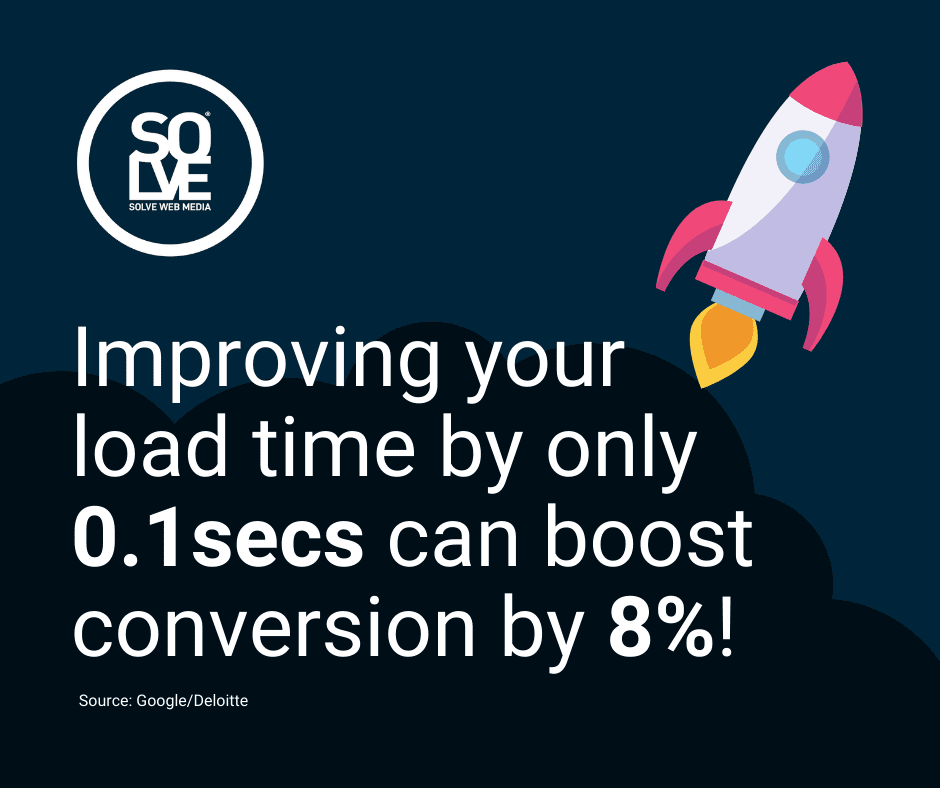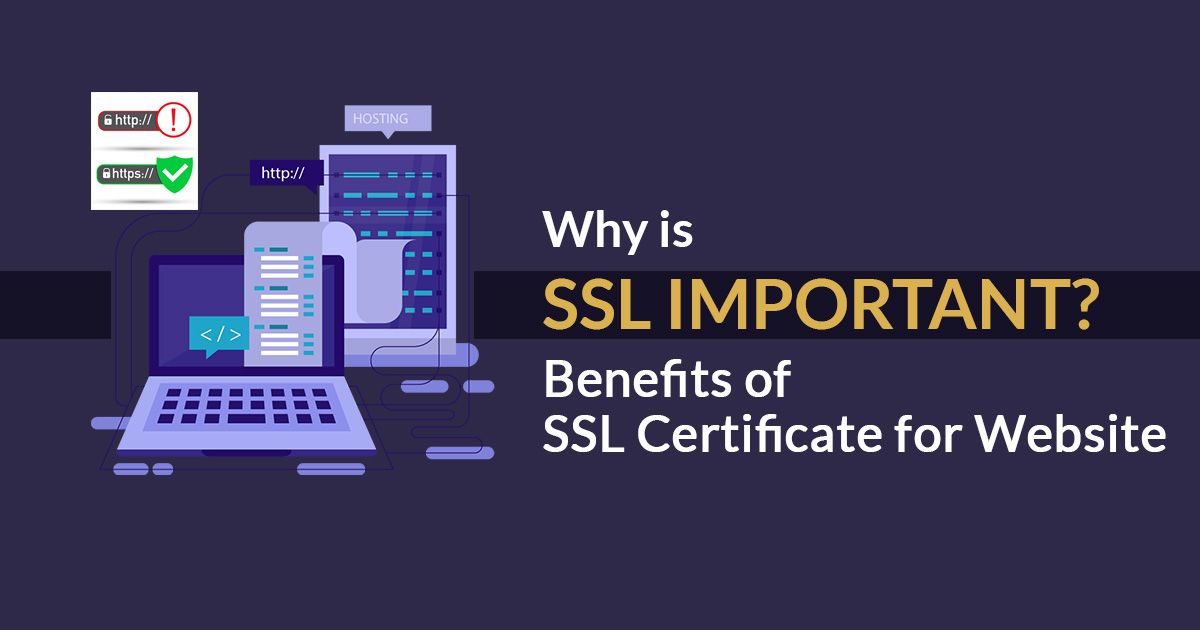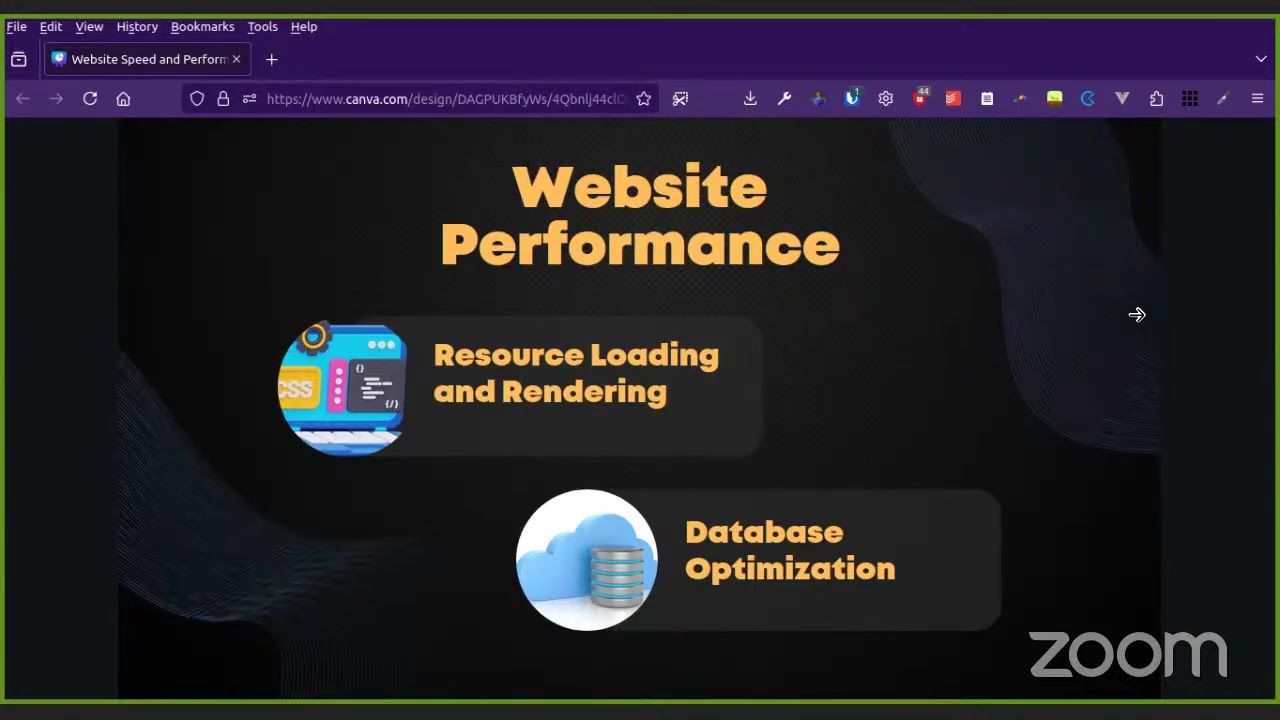
Improving Website Load Times for Better SEO
- 0
In today’s fast-paced digital world, having a website that loads quickly is essential for success. Not only does a fast-loading website provide a better user experience, but it also plays a crucial role in search engine optimization (SEO). In fact, Google has indicated that site speed is a ranking factor for search results, making it even more important for businesses to prioritize improving their website load times.
Why Website Load Times Matter
When a website takes too long to load, users are more likely to bounce back to the search results and choose a competitor’s site instead. This can result in a higher bounce rate, lower engagement, and ultimately, fewer conversions for your business. Additionally, slow load times can negatively impact your site’s SEO performance, as search engines like Google prioritize websites that provide a fast and seamless user experience.
Factors Affecting Website Load Times
There are several factors that can affect your website’s load times, including:
Large image file sizes
Excessive use of plugins and scripts
Poor hosting server performance
Unoptimized code and CSS
How to Improve Website Load Times
Here are some tips to help you improve your website load times and boost your SEO performance:
Optimize Images
Resize and compress images to reduce their file sizes without compromising quality. Use image optimization tools like TinyPNG or ImageOptim to make your website load faster.
Minimize HTTP Requests
Reduce the number of HTTP requests by combining CSS and JavaScript files, and eliminating unnecessary plugins and scripts from your website. This will help improve load times and provide a better user experience.
Choose a Reliable Hosting Provider
Select a hosting provider with high uptime rates and fast server speeds. Consider upgrading to a dedicated server or using a content delivery network (CDN) to further improve your website’s performance.
Enable Browser Caching
Implement browser caching to store static resources like images, CSS, and JavaScript files in the user’s browser, reducing load times for returning visitors. This can significantly improve your website’s performance and SEO ranking.
Optimize Code and CSS
Clean up your code and optimize your CSS to remove any unnecessary whitespace and improve load times. Minify HTML, CSS, and JavaScript files to reduce file sizes and enhance website performance.
Conclusion
Improving your website load times is essential for providing a better user experience and boosting your SEO ranking. By optimizing images, minimizing HTTP requests, choosing a reliable hosting provider, enabling browser caching, and optimizing code and CSS, you can significantly improve your website’s performance and drive better results for your business. Remember, a fast-loading website is not only beneficial for users but also plays a crucial role in search engine optimization. So, prioritize improving your website load times today and watch your SEO performance soar!

